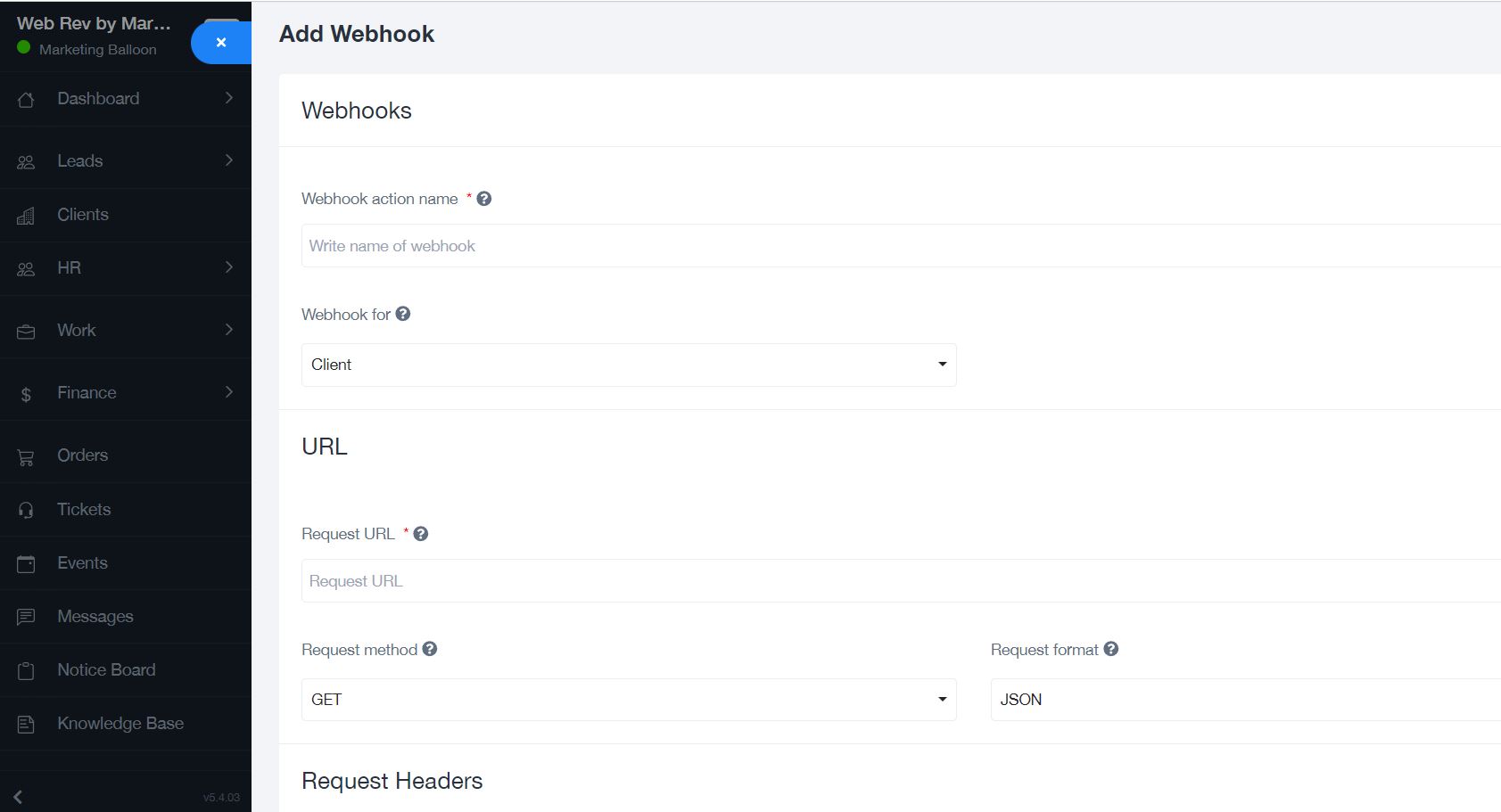Smart Tools
Webhooks are a powerful tool used in software development to automate processes and enable real-time data sharing between applications. They are commonly used in business management systems to trigger events, send data, or execute tasks based on specific conditions. Here's a detailed overview of webhooks, how they work, and their applications:
What Are Webhooks?
Webhooks are user-defined HTTP callbacks that allow different applications to communicate with each other in real time. When a specified event occurs in one application, a webhook sends an HTTP POST request to a pre-defined URL, containing relevant data about the event. This mechanism enables applications to notify other systems about changes, automate workflows, or share information.
How Do Webhooks Work?
Webhooks function by following a straightforward process:
- Event Occurs: An event happens in the source application, such as a new customer registration, a completed order, or a project milestone.
- Webhook Triggered: The source application detects the event and triggers a webhook, sending an HTTP POST request to a predefined URL.
- Payload: The POST request includes a payload with data related to the event, usually in JSON or XML format. The payload contains key information about the event that the receiving application needs to process.
- Receiving Application Processes the Payload: The application listening for the webhook receives the POST request and processes the payload to perform specific actions, such as updating a database, sending an email, or triggering another process.
Benefits of Webhooks
Webhooks offer several advantages, making them a popular choice for integrating applications and automating workflows:
- Real-Time Communication: Webhooks enable real-time data sharing, ensuring applications stay up to date with the latest information.
- Automation: They can automate repetitive tasks, reducing manual effort and improving efficiency.
- Flexibility: Webhooks can be configured to trigger different actions based on various events, providing flexibility in integration.
- Reduced Polling: By using webhooks, applications can avoid continuous polling for updates, reducing resource usage and improving performance.
- Scalability: Webhooks can be used in scalable architectures to create complex workflows that span multiple applications and services.
Common Applications of Webhooks
Webhooks have a wide range of applications in business management systems and software integration. Here are some common use cases:
- E-Commerce: Trigger webhooks when a customer places an order, sending the order details to a fulfillment system or updating inventory.
- Project Management: Use webhooks to trigger notifications when a project task is completed or a milestone is reached, sending updates to team members or clients.
- Customer Relationship Management (CRM): Webhooks can trigger when a new lead is created, allowing automated communication or lead nurturing processes.
- Email Marketing: When a user subscribes or unsubscribes to a mailing list, webhooks can update the email marketing platform to keep contact lists current.
- Payments and Invoicing: Webhooks can trigger when a payment is received, sending confirmation emails or updating financial records.
- Human Resources (HR): Use webhooks to trigger events related to employee onboarding, payroll processing, or benefits administration.
Security Considerations
While webhooks are powerful, they require proper security measures to prevent unauthorized access and data breaches. Here are some common security practices for webhooks:
- Authentication: Implement authentication mechanisms to ensure only authorized applications can send webhooks.
- Encryption: Use HTTPS for secure data transmission to protect sensitive information.
- Validation: Validate incoming webhook requests to confirm they come from trusted sources.
- Rate Limiting: Implement rate limiting to prevent abuse or excessive requests from overwhelming the receiving application.
- Logging and Monitoring: Maintain logs of webhook activity and monitor for unusual patterns or security threats.
Overall, webhooks are a flexible and efficient way to enable real-time communication and automation between different applications. They play a crucial role in modern software integration and can greatly enhance the efficiency and functionality of business management systems.


